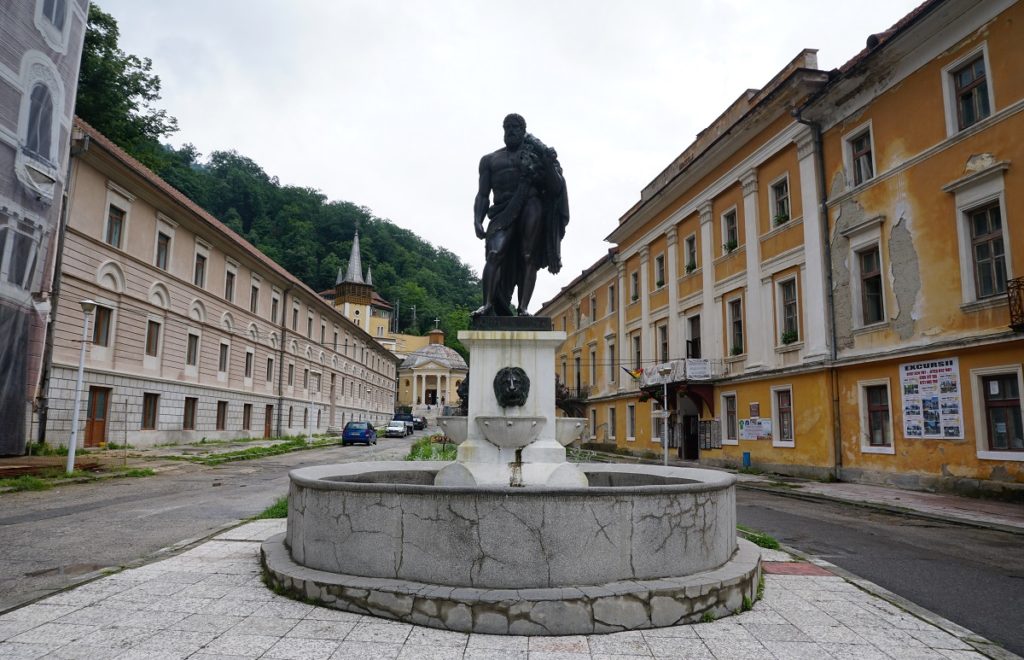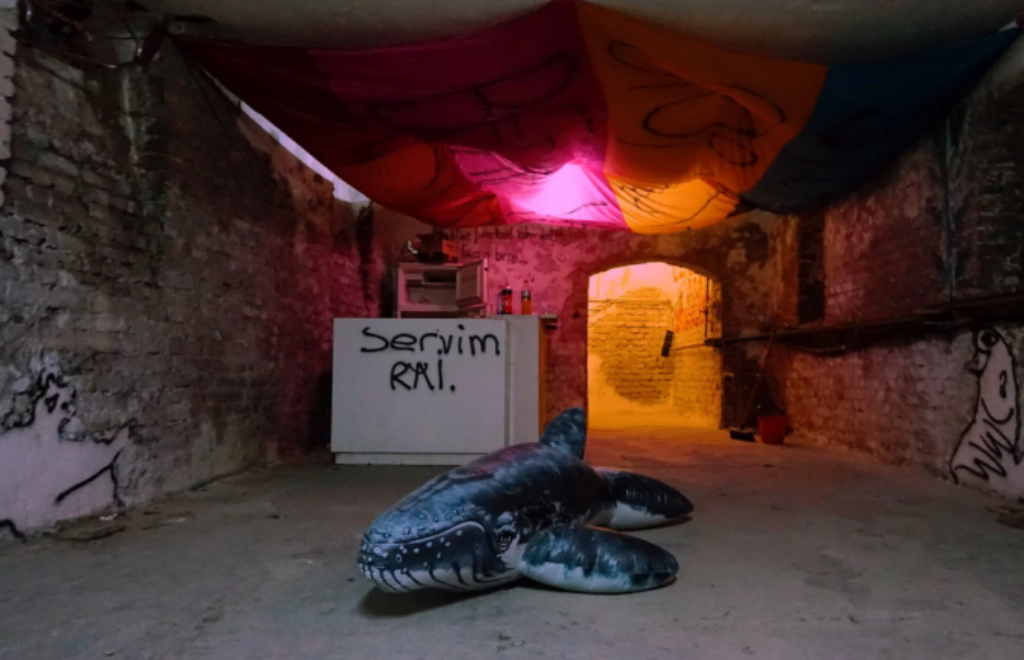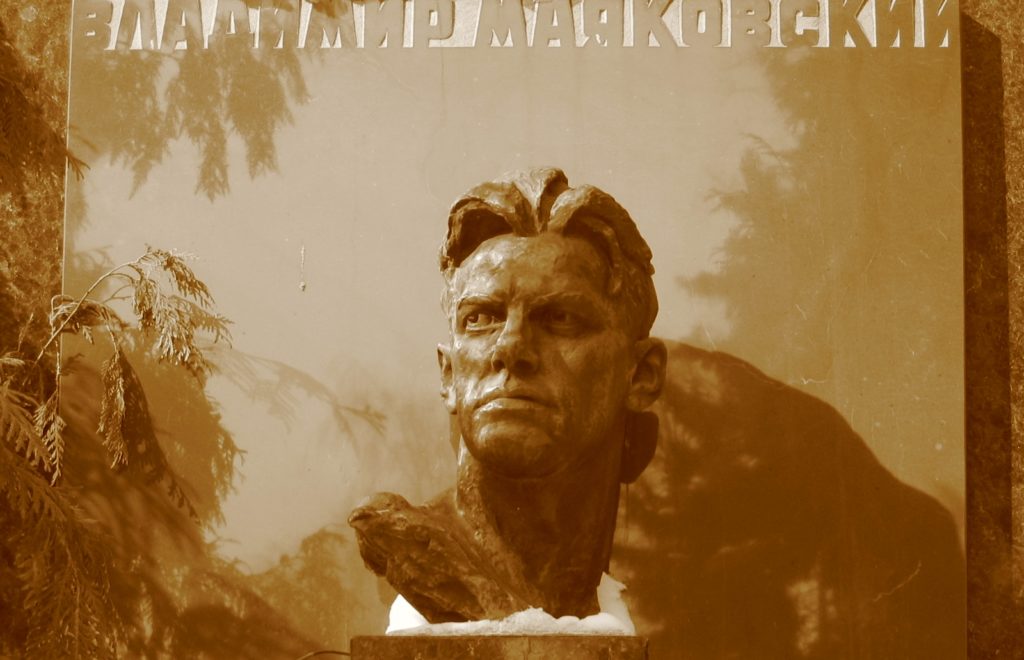The Herculean task of saving Europe’s oldest spa town
It is after sunset, and the sound of trumpets blare through Băile Herculane station, signalling the arrival of old trains from the communist era. The platform is lined with shell-embossed lanterns, while unkempt vines drape over the seating area. An alpine scent permeates the air, and even at night, in the green glow of the lamps, the mist that hovers around the surrounding mountains is visible. No one who departs the train is under 50 and, as is common with most places where young people are few and far between, the station has retained the feeling of being from another era.
January 27, 2020 - Elizabeth Short





































